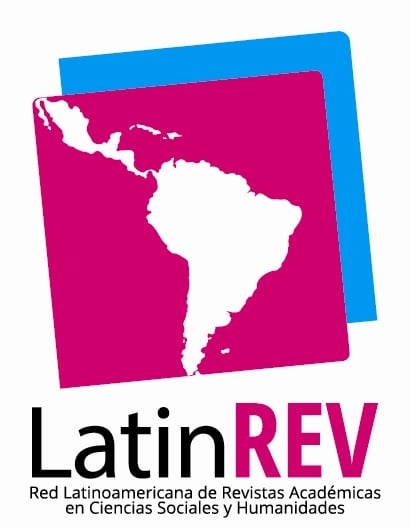Chihuahua, Tierra de Cristales 2014, Año Internacional de la Cristalografía
Chihuahua, Land of Crystals 2014, International Year of Crystallography
DOI:
https://doi.org/10.54167/tch.v8i3.603Palabras clave:
Naica, cristalografía, estructura cristalina, selenitaResumen
Se presenta la definición de cristal, su diferencia respecto del vidrio, y la historia del descubrimiento de la difracción de rayos X, cuyo centenario ha motivado la declaración del año 2014 como Año Internacional de la Cristalografía. Se muestran los experimentos de Max von Laue, así como de William H. y William L. Bragg y se explican mediante la analogía con la difracción de la luz visible. Se exhiben las estructuras cristalinas de numerosos materiales importantes para el ser humano, su evolución y su desarrollo. Se exponen qué son los monocristales y los policristales, así como las diferentes estructuras cristalinas del carbono. Se explica cómo el progreso de la cristalografía, junto con la mecánica cuántica, han conducido a la tecnología moderna de la computación y las comunicaciones, comenzando desde el diodo semiconductor y el transistor hasta los modernos microprocesadores. Se describen la ferroelectricidad y la superconductividad y sus aplicaciones. Por último, se divulgan ejemplos del desarrollo moderno de la nanotecnología. Se explica cómo un monocristal nace y crece a partir de un nanocristal, para terminar con la demostración de que Chihuahua es Tierra de Cristales por la presencia de la Cueva de los Cristales Gigantes en Naica.
Abstract
It is presented the definition of a crystal, the differences with glass, and the history of the discovery of the X-ray diffraction, whose centenary has led to the declaration of 2014 as the International Year of Crystallography. The experiments of Max von Laue, as well as of William H. and William L. Bragg are described and explained using an analogy with the diffraction of visible light. The crystal structures of several important materials for human kind, their evolution and development are exhibited. The questions of what are single crystals and what are polycrystals are answered, as well as the different crystal structures of carbon atoms can form. The process of how Crystallography, along with quantum mechanics have led to the modern technology of computing and communications is detailed starting from semiconductor diodes and transistors up to the advent of modern microprocessors. The ferroelectric and superconductor materials are described, and their applications. Finally, examples of modern development due to nanotechnology are disclosed. The explanation of how a single crystal is born and grows from a nanocrystal is provided, finishing with the demonstration that Chihuahua is a land of crystals because of the presence of the Giant Crystals Cave at Naica.
Keywords: Naica, crystallography, crystal structure, selenite.
Descargas
Citas
Avram, D., C. Rotaru, B. Cojocaru, M. Sanchez-Dominiguez, M. Florea & C. Tiseanu. 2014. Heavily impregnated ceria nanoparticles with europium oxide: Spectroscopic evidences for homogenous solid solutions and intrinsic structure of Eu3+-oxygen environments. Journal of Materials Science 49:2117-2126. https://doi.org/10.1007/s10853-013-7904-6
Bragg, W. L. 1913. The structure of some crystals as indicated by their diffraction of x-rays. Proceedings of the Royal Society of London. Series A 89:248-277. https://doi.org/10.1098/rspa.1913.0083
Brattain, W.H., J. Bardeen, W. Shockley, G. Ashton, M. Issott, R. Bullough, R. Newman, J. Wakefield, B. Claussen & P. Holmes. 1960. Historical development of concepts basic to the understanding of semiconductors. The Institution of Electrical Engineers 3072E:266-267.
CERN. The Large Hadron Collider. https://home.cern/science/accelerators/large-hadron-collider
García-Ruíz, J.M., R. Villasuso, C. Ayora, A. Canals & F. Otalora. 2007. Formación de megacristales naturales de yeso en Naica, México. Boletin de la Sociedad Geológica Mexicana 59(1):63-70. https://www.redalyc.org/articulo.oa?id=94320861005
Hodgkin, D.C. 1964. The x-ray analysis of complicated molecules. Science 150(3699):979-988. https://doi.org/10.1126/science.150.3699.979
Kepler, J. 1611. Tratado «El copo de nieve de seis esquinas». https://tinyurl.com/ynhkswce
López, K. L., P. de la Presa, E. Flores, J. R. Farias, J. A. Matutes, A. Hernando & J. T. Galindo. 2013. Magnetic susceptibility studies of the spin-glass and verwey transitions in magnetite nanoparticles. Journal of Applied Physics 113(17):17E132. https://doi.org/10.1063/1.4797628
Menéndez-Proupin, E., S. Cervantes-Rodríguez, R. Osorio-Pulgar, M. Franco-Cisterna, H. Camacho-Montes & M.E. Fuentes. 2011. Computer simulation of elastic constants of
hydroxyapatite and fluorapatite. Journal of the Mechanical Behavior of Biomedical Materials 4(7):1011-1020. https://doi.org/10.1016/j.jmbbm.2011.03.001
Pérez-Bustamante, R., F. Pérez-Bustamante, I. Estrada-Guel, L. Licea- Jiménez, M. Miki-Yoshida & R.Martínez-Sánchez. 2013. Effect of milling time and cnt concentration on hardness of CNT/ Al2024 composites produced by mechanical alloying. Materials Characterization 75:13-19. https://doi.org/10.1016/j.matchar.2012.09.005
Raab, H. 2005. Wikipedia.
Reyes, A., C. de la Vega, M.E. Fuentes & L. Fuentes. 2007. BiFeO3: Synchrotron radiation structure refinement and magnetoelectric geometry. Journal of the European Ceramic Society 27(13-15):3709-3711. https://doi.org/10.1016/j.jeurceramsoc.2007.02.034
Vega Science Trust - Sir Harry Kroto. http://vega.org.uk/about/internal/1
Von Laue, M. 1915. Concerning the detection of x-ray interferences. Nobel lectures 1915. https://www.nobelprize.org/uploads/2018/06/laue-lecture.pdf
Publicado
Cómo citar
-
Resumen286
-
PDF276
-
HTML138

















